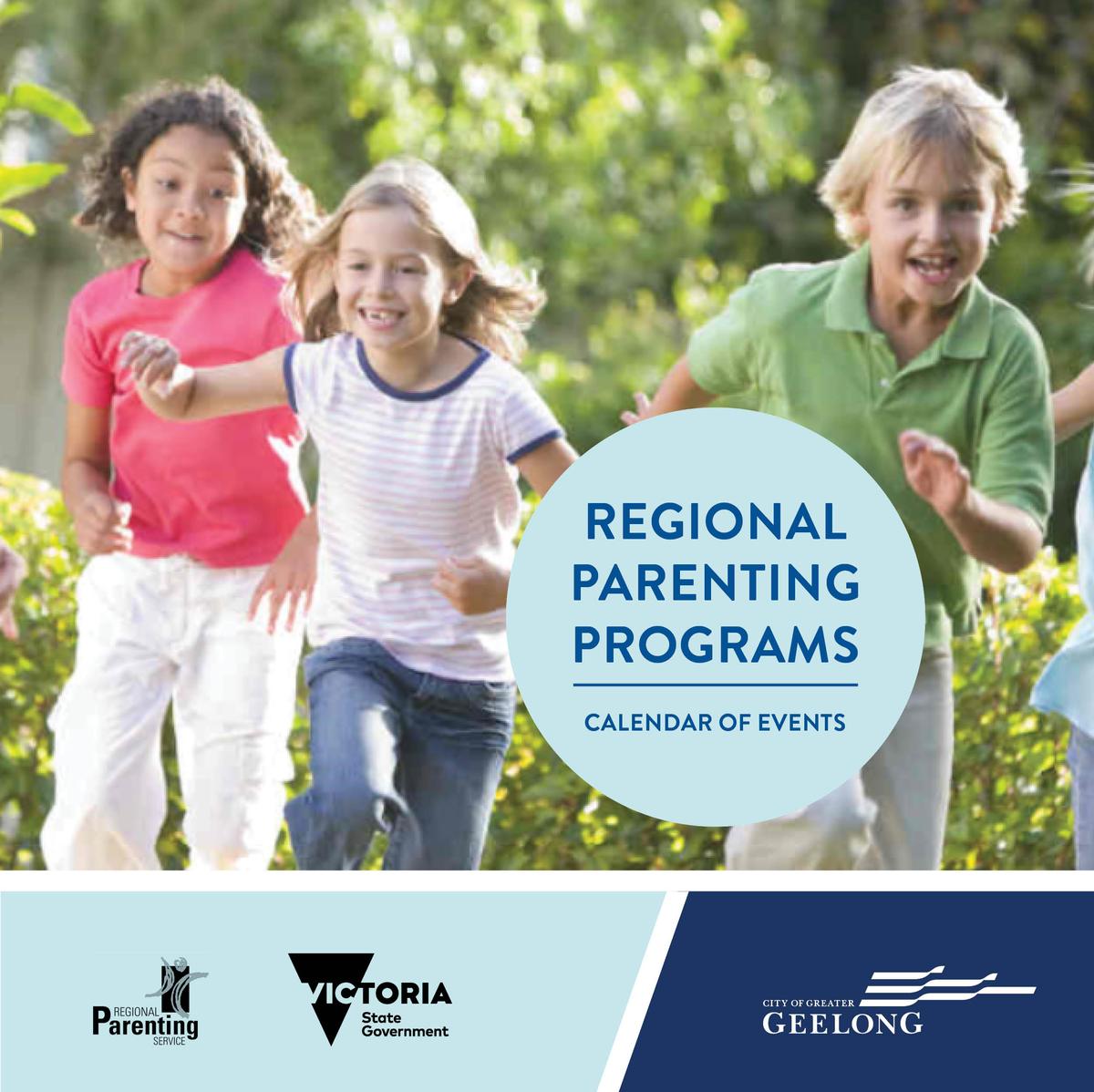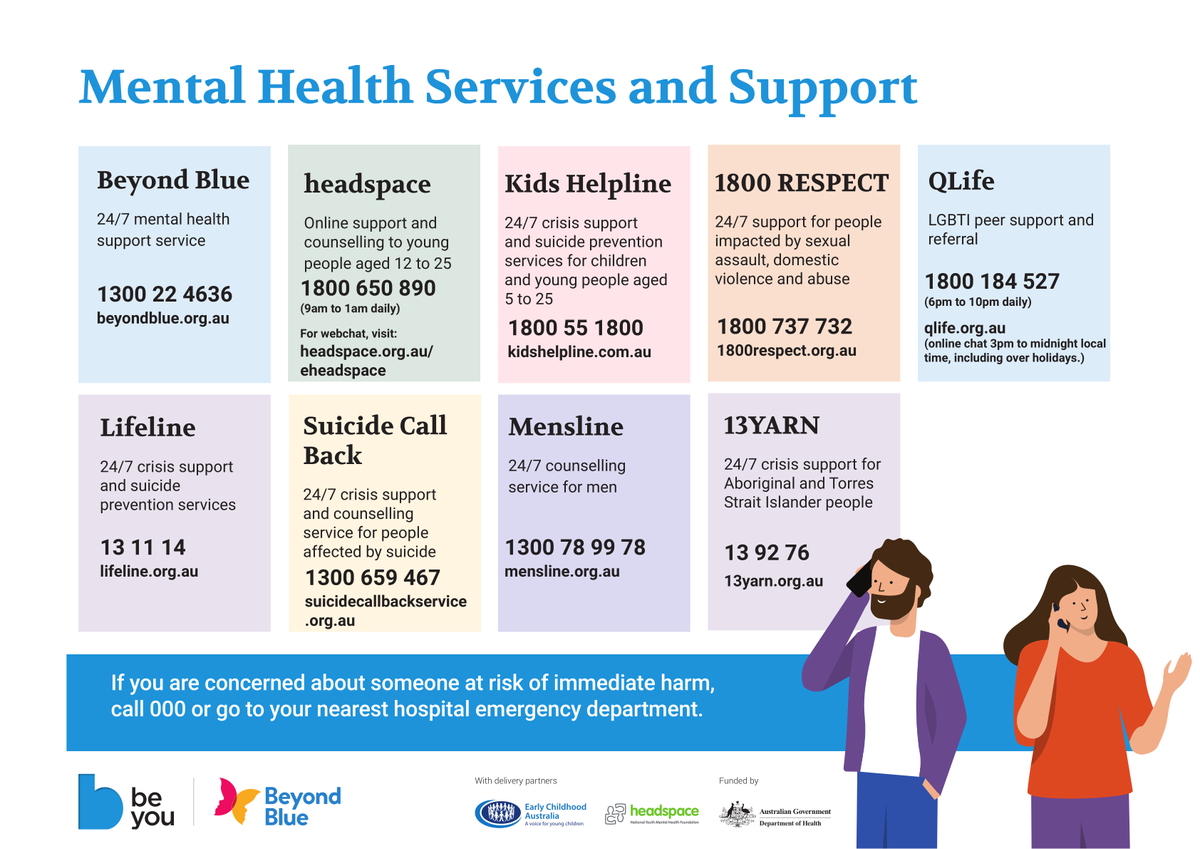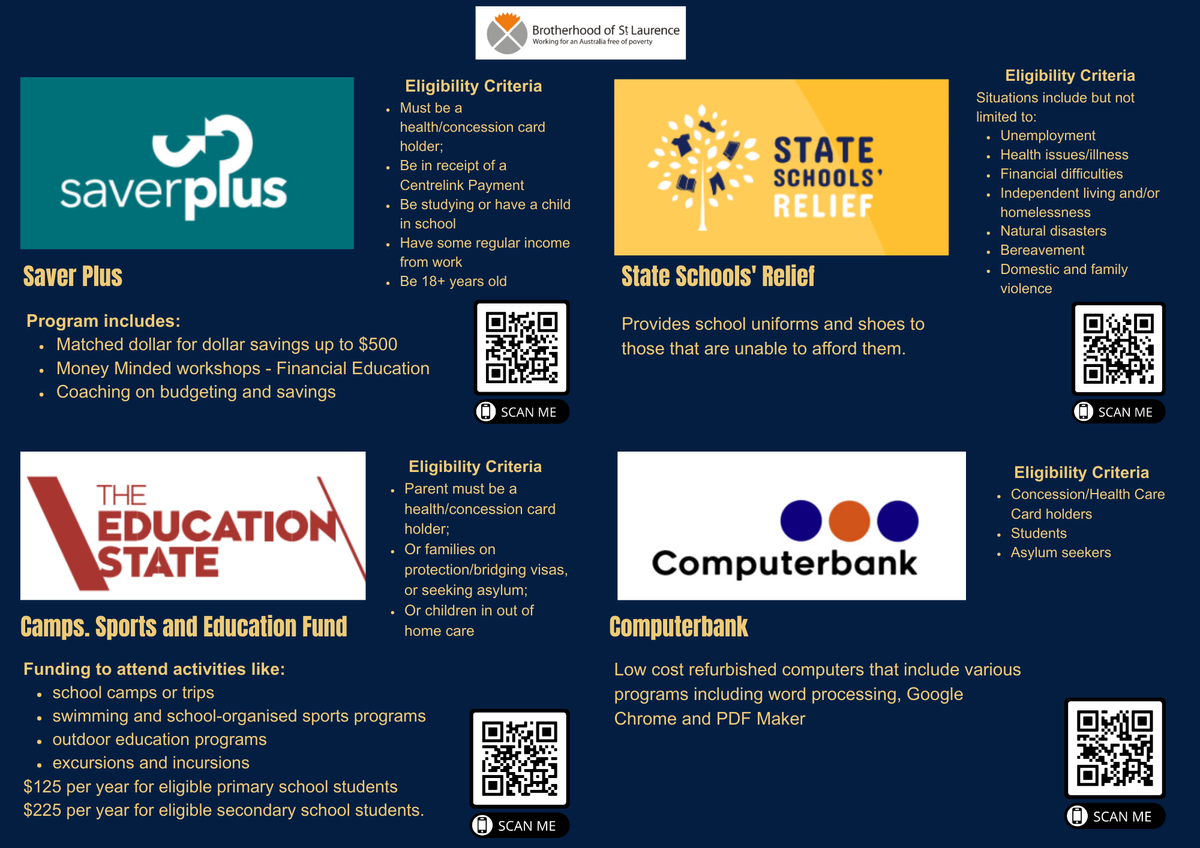WELLBEING

Accessing Wellbeing
Students can access wellbeing via an online booking form for wellbeing and health related matters.
Student Wellbeing Check In Request Form
Parents/carers can access supports from Wellbeing for their young person via the Administration Office on Ph: (03) 5261 6633.
Protecting against mosquito - borne diseases
Warm and wet weather can result in greater numbers of mosquitoes and increased risk of illnesses from mosquito bites. While the overall risk is low, some mosquitoes carry diseases that make people sick.
The best protection against mosquito-borne illness is to avoid mosquito bites.
Families can protect against mosquito bites by:
- covering up as much as possible with long, loose-fitting, light-coloured clothing
- applying insect repellent that contains picaridin or DEET on exposed skin when leaving home
- limiting outdoor activity if lots of mosquitoes are active.
Families with any health concerns should see their doctor or phone NURSE-ON-CALL: 1300 606 024 (available 24 hours).
Free Japanese encephalitis vaccines
Japanese encephalitis virus is spread to humans through bites from infected mosquitoes and can cause a rare but potentially serious infection of the brain.
Free Japanese encephalitis vaccines are available to protect Victorians at higher risk of the virus.
The Victorian Department of Health encourages eligible people who live or work in high-risk local government areas to get vaccinated.
For more information, including what is considered a high-risk area and eligibility for a free vaccine, refer to the Department of Health’s Japanese encephalitis webpage.
Find out more
For more information on protecting against mosquito-borne diseases, families can refer to the following Better Health Channel pages: · Mosquitoes can carry diseases · Protect yourself from mosquito-borne disease, including a handy checklist to help reduce mosquito breeding sites at home and resources translated into other languages.
Regional Parenting Programs
Whooping Cough
Whooping cough cases are continuing to increase across Victoria, particularly among school-aged children. Whooping cough is a very contagious infection, mostly spread through coughing or sneezing.
Symptoms include:
- blocked or runny nose
- tiredness
- mild fever
- severe bouts of coughing, often followed by a ‘whooping’ sound on breathing.
- Whooping cough can lead to life threatening infections in babies.
If your child is unwell, they should not attend school. Please see a doctor if you or your child develops whooping cough symptoms. Early diagnosis and treatment will help reduce the spread of the infection.
Students diagnosed with whooping cough must not attend school
To reduce the spread of infection and to protect others within the school community, students diagnosed with whooping cough are recommended not to attend school for 21 days after their cough was first present, or until they have taken a full course of antibiotics prescribed by a doctor (usually a 5-day course).
If your child is diagnosed with whooping cough, please contact the school to let us know.
I hope we can work together to protect the whole school community by following the recommended advice.
More information
For more information about whooping cough, refer to Whooping cough on the Better Health Channel.
Vaccination is the best way to reduce the risk of whooping cough. The Department of Health recommends staying up to date with immunisations, including booster doses. A free booster dose of the pertussis vaccine is covered under the national immunisation program for students aged 12 to 13. If you are unsure about your child’s vaccination status for whooping cough, please discuss with an immunisation provider, such as your doctor.
I really appreciate your support in keeping our students safe and well.
Mental Health Services
Education Finance Services



